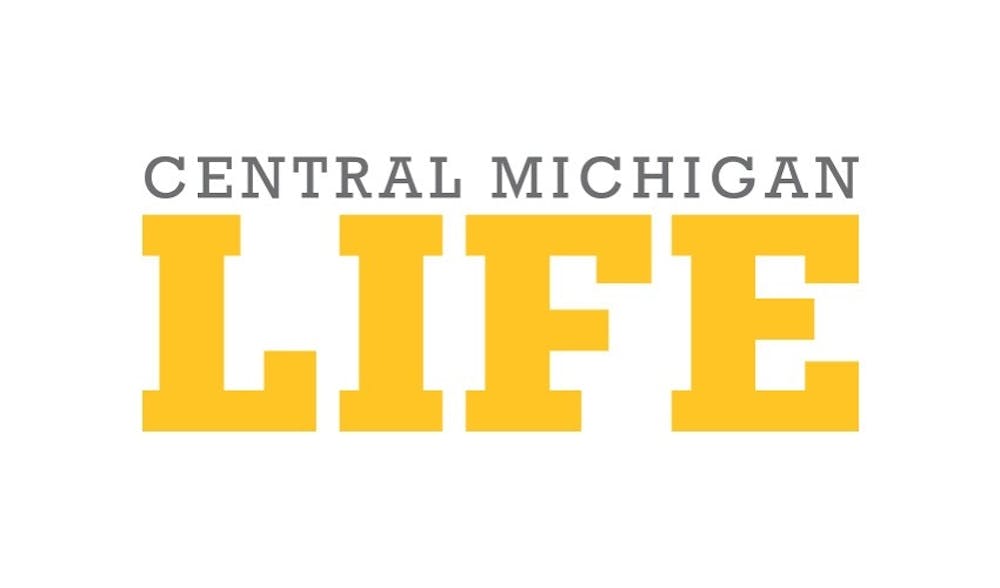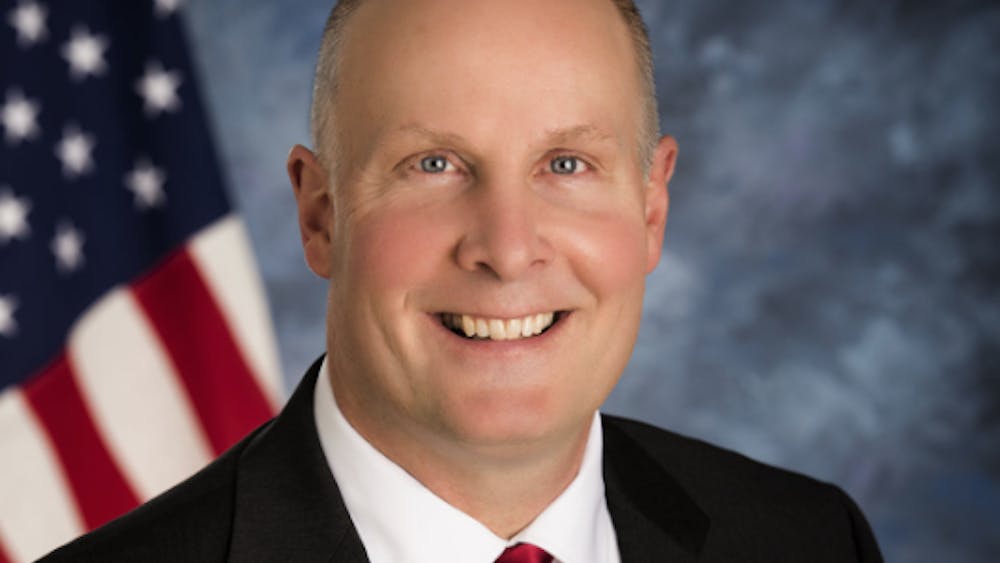Sexual Assault Nursing Examiner services available for students
Survivors of sexual assault in Mount Pleasant will no longer have to find transportation to get specialized medical treatment.
A community partnership between the Saginaw Chippewa Indian Tribe, Central Michigan University, McLaren-Central Michigan and Women's Aid Service has reinstated the Sexual Assault Nurse Examiner program at McLaren-Central Michigan, providing services to people 12 years or older.
After someone has been sexually assaulted, the person can go to McLaren-Central Michigan for treatment relating to their assault, which includes emergency contraception, trauma response, sexually transmitted infection testing and treatment, forensic medical care and referral to further support services such as counseling.
If these services are not administered by a SANE nurse, there is a possibility they could be administered inappropriately and ineffectively, said CMU Police Lt. Larry Klaus.
"These services are essential because it's part of the survivor's long road to recovery," Klaus said.
Before the services were restored, CMUPD offered rides to survivors of sexual misconduct to get SANE services. This usually involved traveling to Midland or Lansing, Klaus said.
"Administering the services generally takes around three hours," Klaus said. "It was not the most accommodating."
Last year Klaus said CMUPD had to transport students about six times to get SANE services. Getting transportation to services in a timely manner is important because there is a 120-hour window where forensic evidence is lost if a survivor doesn't have access to services.
"When we had a student that came to us, we got them to the service," Klaus said. "We're always going in order to make sure our students are taken care of."
A group of nurses volunteered to take the required 40 hours of training to get SANE certified to provide the services that have been absent from Isabella County since 2013, due to a reduction in grant funding.
"I hope the service will never have to be used, but that’s not the case," said Anthony Voisin, associate vice president of student affairs. "There will be situations on campus and off campus, involving students and not involving students. Now that we have this service locally, it’s great for survivors to not have to be transported to Lansing."
Grant money from the Saginaw Chippewa Indian Tribe was reallocated in support of SANE efforts in September 2015 and the program officially became available once more in June 2016.
People who use SANE are not charged for the administering of services, Klaus said.
Survivors can get all of the services and have the choice of launching an investigation through law enforcement if they so choose. If the perpetrator is a CMU student, they can also choose to pursue an investigation at the university level.
"At CMU, we understood the importance of having these services," Voisin said. "We decided to collaborate with the tribe and the hospital to ensure we could get those services back here for campus and the community."




